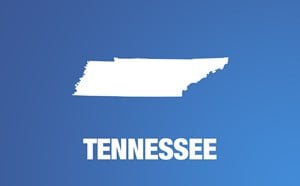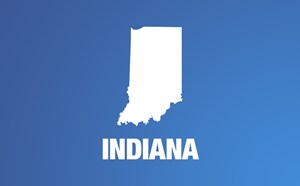The Idaho trigger law that went into effect 30 days after the Dobbs decision banned abortion except for rape, incest and to save the life of the mother.
Because of the implications of this law for EMTALA-related care of pregnant patients, on August 15, 2022, ACEP along with the Idaho College of Emergency Physicians, and ten of the nation’s leading medical associations, submitted a brief in support of the U.S. Department of Justice’s challenge in United States v. State of Idaho.
In the lawsuit, the Federal Government asked the Court to block a portion of Idaho's abortion statute - specifically the language allowing Idaho to criminalize medically indicated abortions provided by physicians in emergency situations. The amicus brief argues that well-established clinical guidelines for the treatment of pregnant patients in emergency conditions require treatment that the Idaho Law prohibits as abortion. Withholding this care is “directly contrary to EMTALA’s mandate and to bedrock principles of medical ethics.” If applied to emergency medical care, the Idaho Law would force physicians to disregard their patients’ clinical presentations, their own medical expertise and training, and their obligations under EMTALA—or risk criminal prosecution.
On August 25, the Court ruled in favor of the Administration, and temporarily granted their request for a preliminary injunction. The court decision cites the amicus brief that ACEP participated in, also noting "It is impossible to comply with both statutes...[W]here federal law requires the provision of care and state law criminalizes that very care, it is impossible to comply with both laws. Full stop.”
While the rest of the Idaho state law on abortion is now in effect, the ruling prevents Idaho from enforcing the restrictions when they conflict with federal guidance on emergency abortion care in hospitals.






